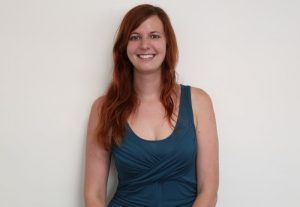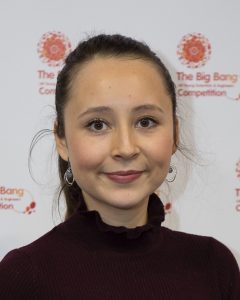Accelerating innovation by raising ambitions – the 10th Clean Energy Ministerial through a young person’s eyes

Article by PhD student Luciana Miu.
With the rising urgency of climate change and a sore need for global commitments to sustainable energy, it’s no surprise that intergovernmental partnerships and initiatives are taking centre stage these days. Perhaps the most important example from the energy sector is the Clean Energy Ministerial (CEM), a high-level forum of 25 countries advancing programmes to accelerate clean energy deployment, recently coupled with Mission Innovation (MI), another global initiative which seeks to build public and private investment in clean energy technologies. However, up until the most recent annual CEM/MI meeting, one aspect of these ambitious initiatives remained puzzling.
There was no structured presence of youth at the meetings.


